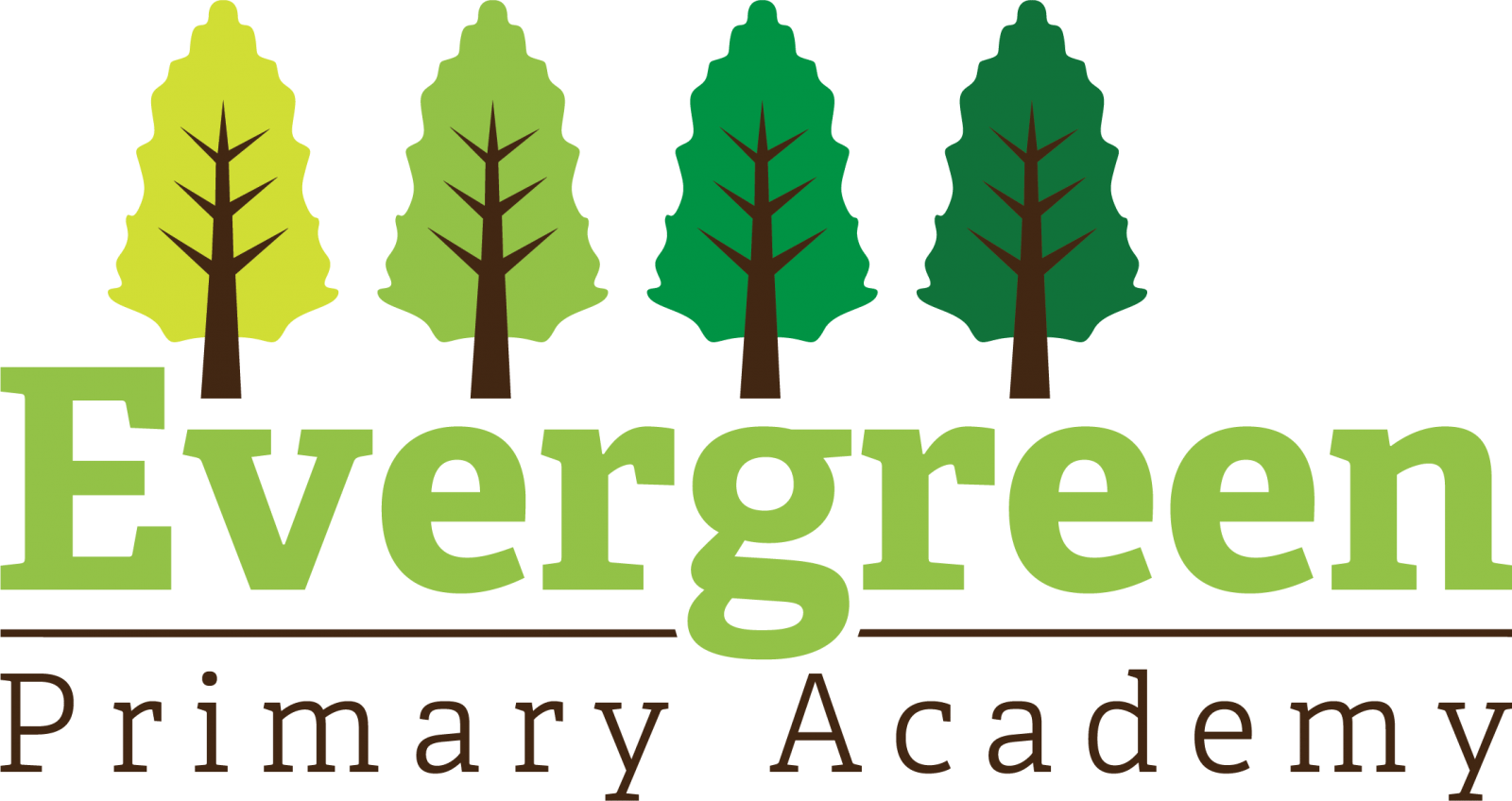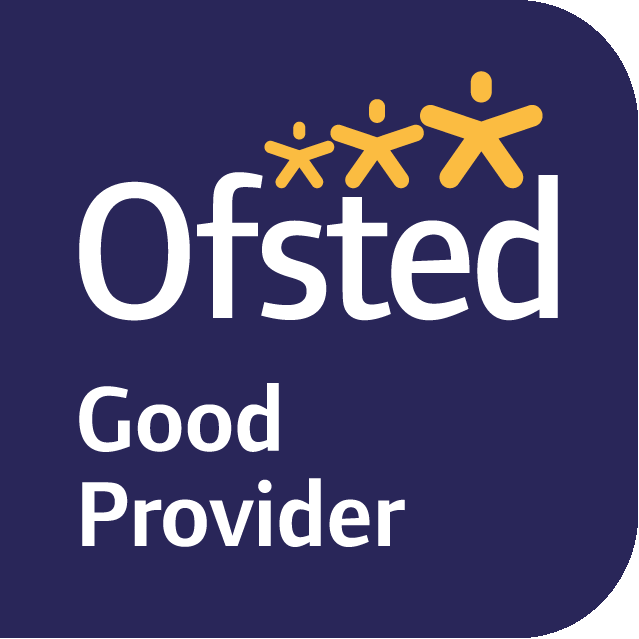Curriculum Overview
At Evergreen Primary Academy we support children’s academic development through sequences of learning designed to engage, immerse and provide cultural capital. Our curriculum has been curated by subject specialists working 3-19 across our trust and as such, there are clear rationales in place for the decisions we have made about the sequencing and building of knowledge over time. For example, the learning of history follows a progressive curriculum where events are present chronologically across the academy. Learning begins with the knowledge of oneself in the present and grows from there. As another example, geographical progression is organised across the academy to allow pupils to learn about locational knowledge at a local and national scale as well as places at a distance. For our children in early years, learning starts with the knowledges of themes in their immediate location of home and school and develops to learning about the wider world.
These start points build towards our loftier goal of self-agency, underpinned by sense of self and sense of place.
If you would like to see any of this in action, please contact Mrs Kerry Coote to make an appointment.
EAL
At Evergreen, we are committed to providing a welcoming and inclusive environment for students who speak English as an Additional Language (EAL). We offer tailored support to help EAL students develop their English language skills and fully participate in all aspects of school life. Our dedicated staff use a range of strategies and resources to ensure that each child feels confident and capable in their learning journey. By celebrating linguistic diversity, we enrich our school community and foster mutual respect and understanding.
Every Child A Reader
Learning to read is an extremely important of a child’s education and children who can read well generally achieve better in all other areas of the curriculum.
At Evergreen Primary Academy we work with parents to ensure that every child has the best start that they can have by ensuring children are able to read sufficiently by the age of seven. The ‘Every Child a Reader’ approach involves children being identified as early as possible for extra help (or intervention) in order for them to be reading independently at age related levels by the end of Key Stage 1.
Reading Support and Intervention
At Evergreen Primary we have implemented our own initiative of 1-4-1. We aim to listen to all children across the academy read at least once a week from a range of different adults. This promotes a love of reading, provides additional opportunities for fluency and ensures reading is prioritised across the academy. Children are heard read by PCSOs, reading volunteers, Bristol Sport coaches, Engage readers, admin staff, senior leaders, teachers and learning support assistants. In providing this opportunity at Evergreen, we are enabling children to enhance their cultural capital through carefully chosen reading books, expand their vocabulary and develop relationships with adults in our local community. We aim to develop independent, fluent and confident readers who want to read, regardless of their background, needs or abilities.
Children who need extra help with reading may be offered further reading opportunities.
Reading intervention is necessary so that children can then access all the other areas of the curriculum. It also helps with self-confidence and behaviour as children become an independent learner which gives them the confidence to participate in all areas of school life.
Procedural Document – Being a Reader Lessons
Procedural Document – Monitoring Being a Reader
Phonics
To support our children’s development of their reading skills, the school has elected to teach phonics using Unlocking Letters and Sounds.
Skilled word-reading involves working out the pronunciation of unfamiliar printed words (decoding) and recognising familiar printed words. Underpinning both of these is the understanding that letters represent the sounds in spoken words. Fluent decoding supports pupils’ comprehension, because they do not have to devote mental energy to individual words. A good grasp of phonics is also important for spelling, contributing to fluency and confidence in writing.
Unlocking Letters and Sounds sets out a detailed and systematic programme for teaching phonic skills for children with the aim of them becoming fluent readers by age seven. Unlocking Letters and sounds sessions take place in reception, year 1 and year 2.
Our curriculum
Assessment and homework
At Evergreen, we believe in fostering a supportive and inclusive learning environment. Our assessment approaches are designed to provide a comprehensive understanding of each child’s progress and development. We use a blend of formative and summative assessments to ensure a balanced evaluation of academic skills and personal growth. Regular feedback, parent-teacher meetings, and student self-assessments are integral parts of our process, helping us tailor our teaching strategies to meet the unique needs of every student.
Assessment and homework procedure
Catch up and Intervention
At Evergreen we are dedicated to ensuring that every student reaches their full potential. Our catch-up and intervention procedure is designed to provide additional support to students who may need extra help in certain areas. Through targeted interventions, personalized learning plans, and close monitoring of progress, we address individual learning needs promptly and effectively. Our goal is to ensure that all students have the opportunity to succeed and thrive in their educational journey.


